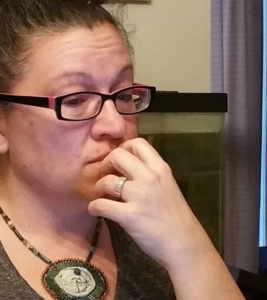
What is Flipping Real Estate?
Investopedia defines Flipping like this: A type of real estate inveestment stretegy in which ther throught he price appreciation that occurs as a result of a hot housing market and/or from renovations and capital improvements.
You’ve seen all the tv shows about flippers and how much money they can make. If you’ve read my interview with my son, who flips houses in Florida, you might read an undercurrent of the answer to “what can possibly go wrong?”
While flipping done correctly can potentially put a lot of cash in your pocket, there are things that you need to plan on along the way.
1. Flipping houses and timing
The housing market is hot, you’ve managed to get your hands on a house that needs mostly cosmetic work like upgrading the kitchen and baths, painting, new flooring. You did your due diligence and have figured in the cost of the big tickets items, like roof, plumbing, heating and airconditioning if needed and worked that into the budget of your offer and your construction.
What you didn’t count and, and likely couldnt see, were delays that put your home into the slow, Fall season coming off the hot (as in quickly selling) summer season. A week or so late on the market can make the difference between a sale and holding over the long, cold winter months which you will spend hoping this isn’t a long-term downturn in the market, only seasonal (and there isn’t anyway to tell until the spring market starts moving)
2. Unexpected Holding Costs for Flipping Real Estate
If your timing is bad, hopefully you have allowed several months of carrying costs in your bank account while you wait for a sale because if you haven’t, you could easily find yourself overextended and underfunded.
Avoid this problem by having 6 months of holding costs set aside, and remember that no matter how much you set aside, holding is eating into your profits.
When you are figuring your sales price, figure below the bulk of the market so that you are starting with a price enticement.
3. Know the tax implications *before* you buy to flip
If you hold a property (or any investment) less than a year, it changes how the tax code figures your taxes. Be sure to check in with your accountant so that you know how you are affected by taxes for under a year (a traditional flip) and over a year (a slow flip) and work the numbers of slow flip vs. holding costs.
4. Be Aware of how you handle stress and plan accordingly
Before you get into flipping houses, do your homework. Money in the bank for holding costs and unexpected repairs, knowing the market as well as you can (there are always surprises), planning your timing so that even with delays you wind up in the busy summer months of sales can all make flipping less than stressful. If uncertainty is not your cup of tea, rethink becoming a real estate flipper.

Tammy Vitale is a Realtor/GRI (Graduate, Realtor Institute) working with RE/MAX One in Prince Frederick, Maryland. She has been an investor since 1999 and a Realtor since 2015. “If you want to upsize, downsize, or just-right-size your personal residence or real estate portfolio, you can count on me for expertise and enthusiasm at your service.”



